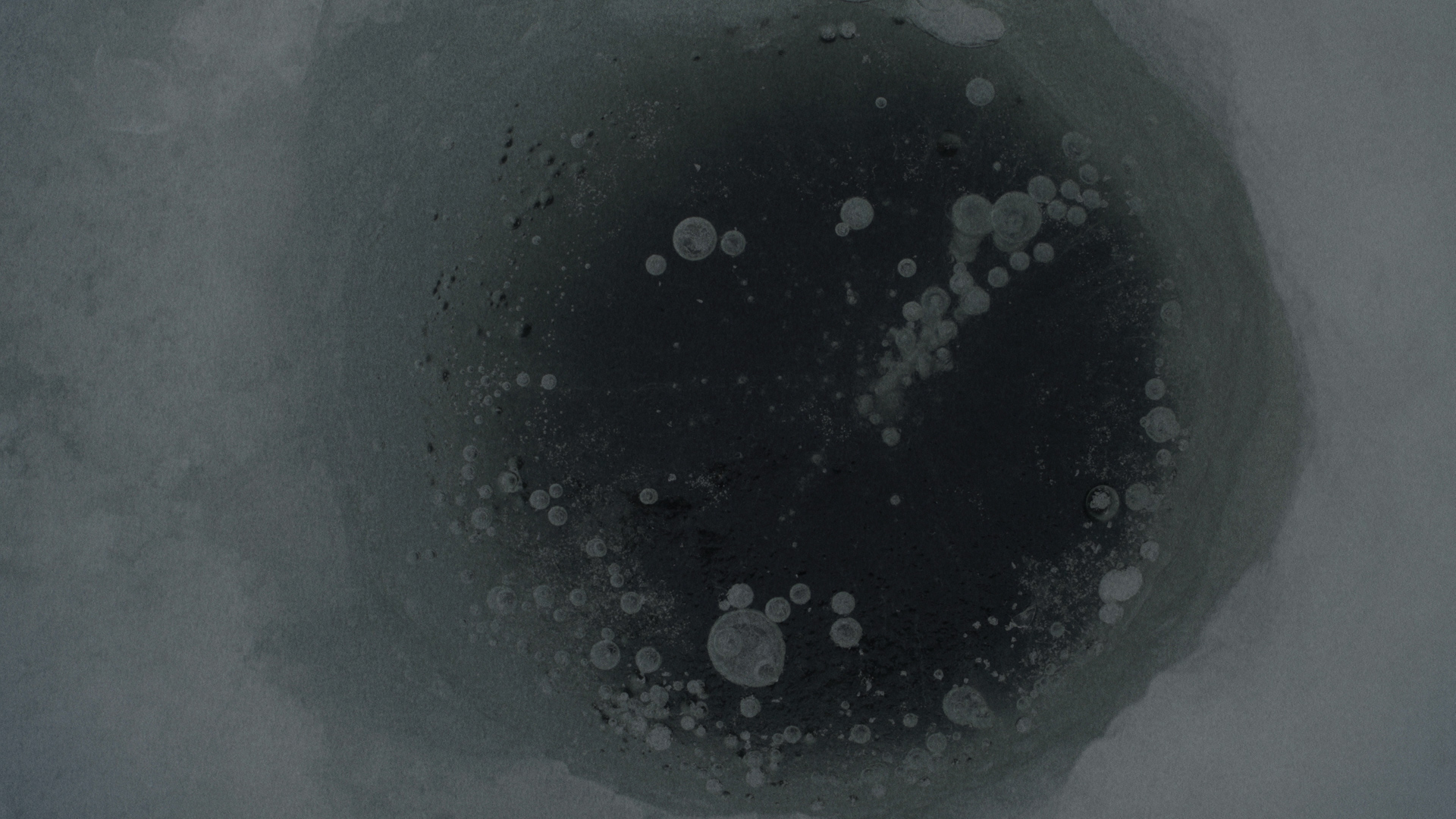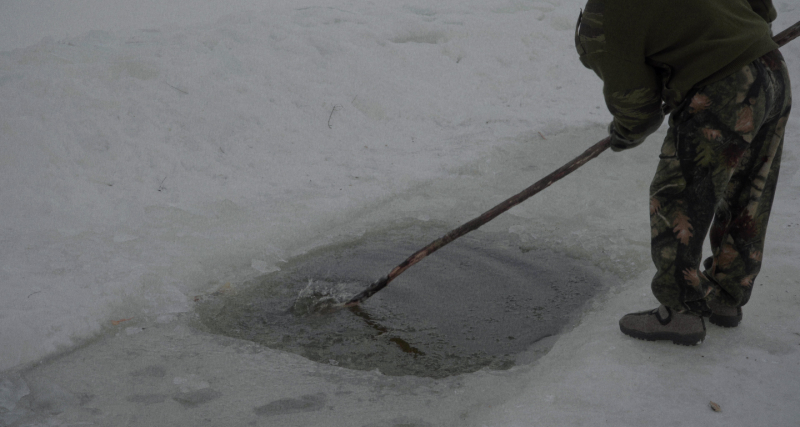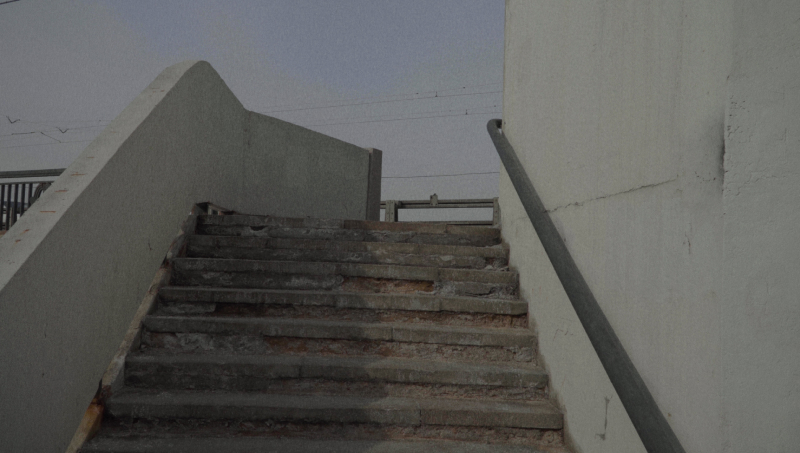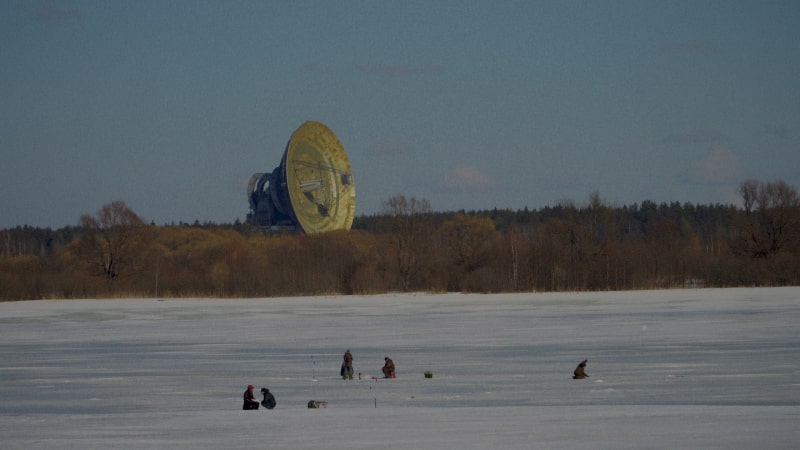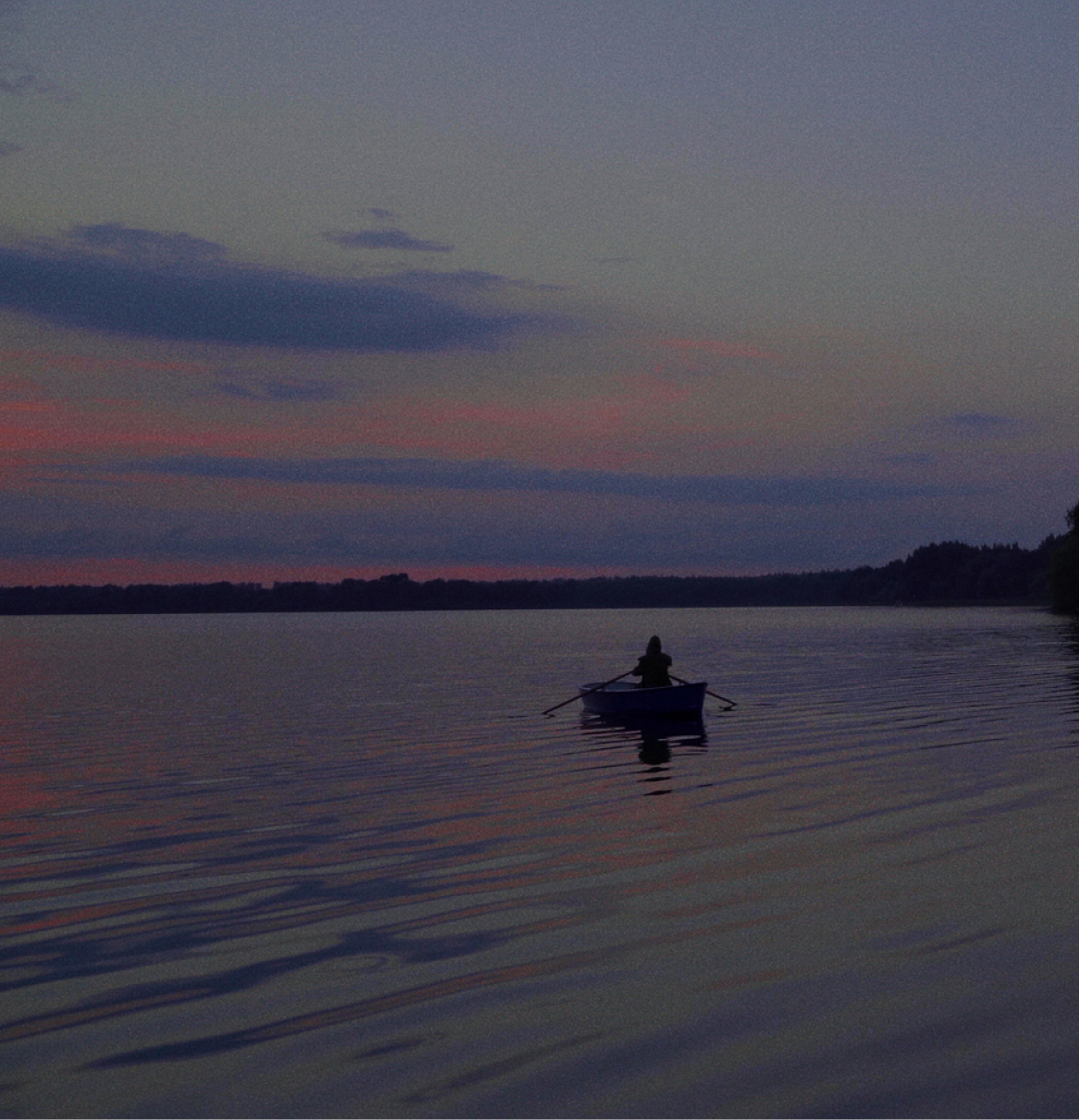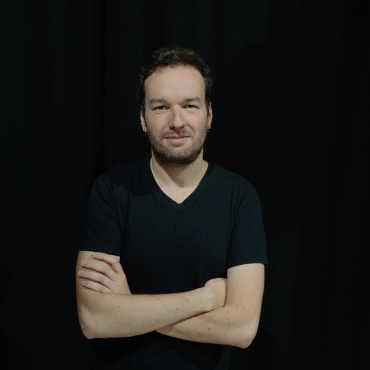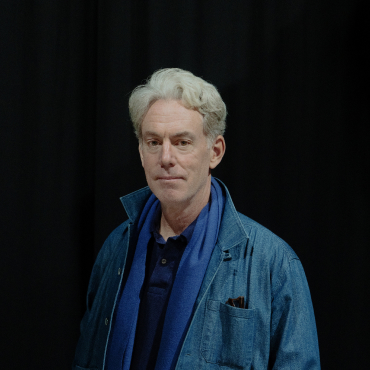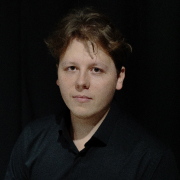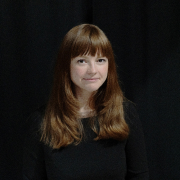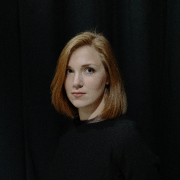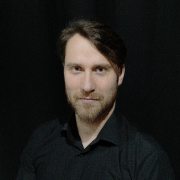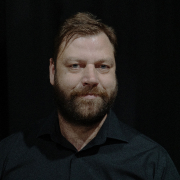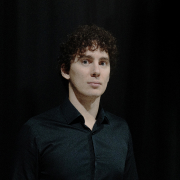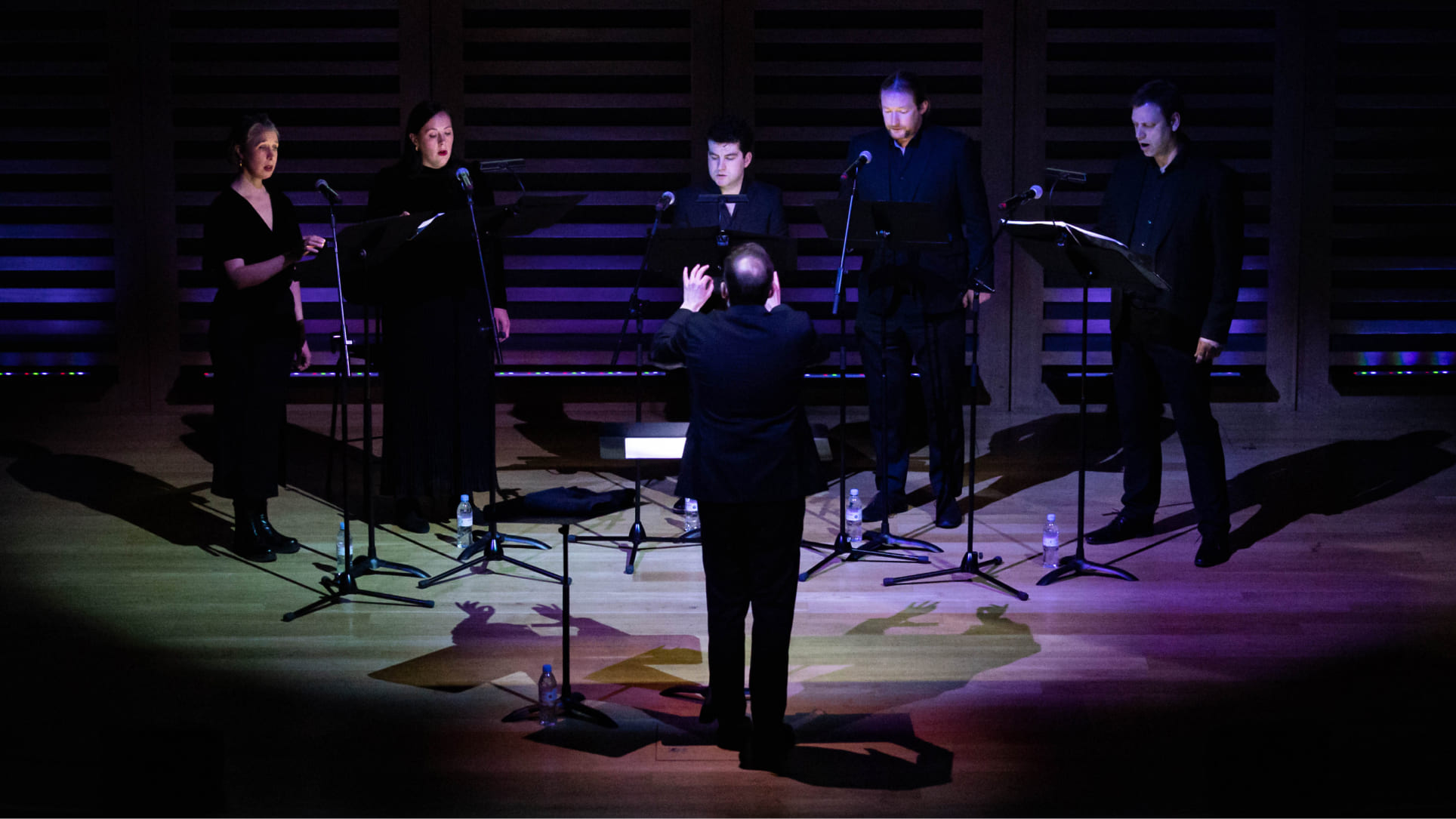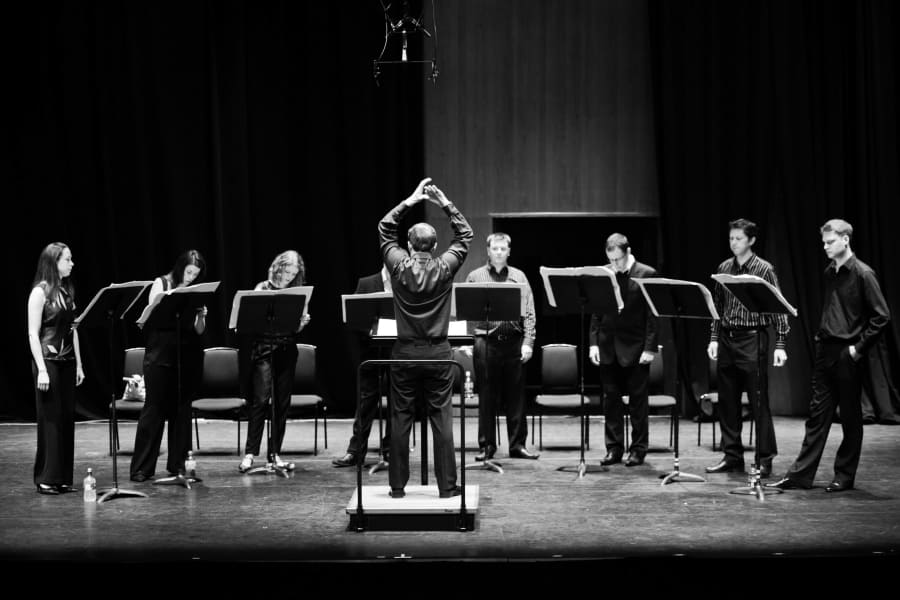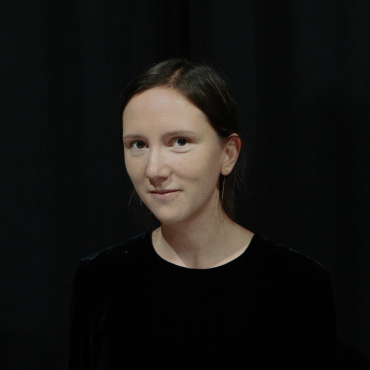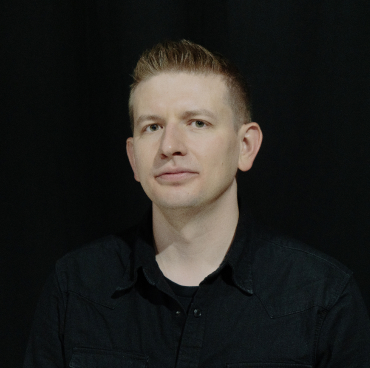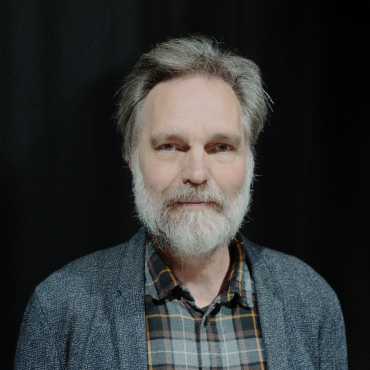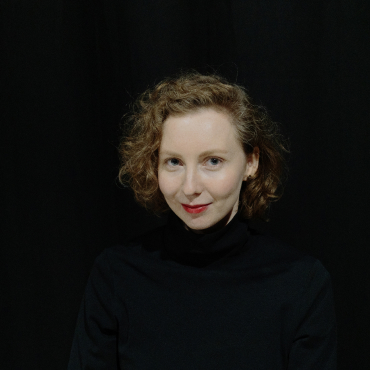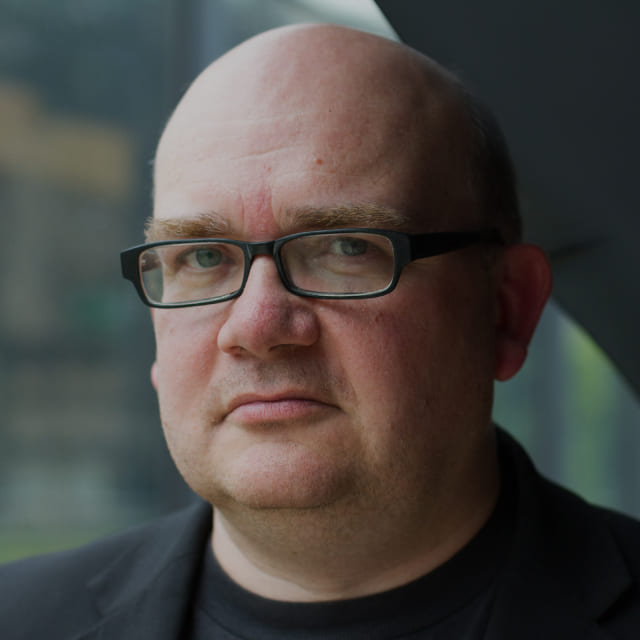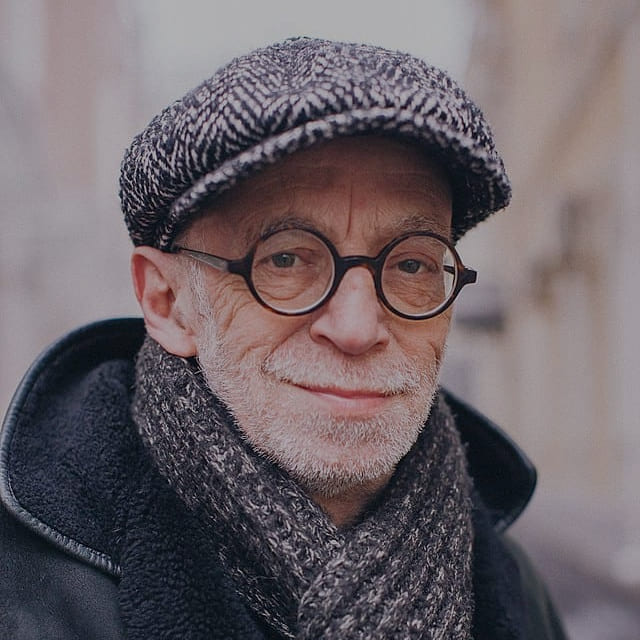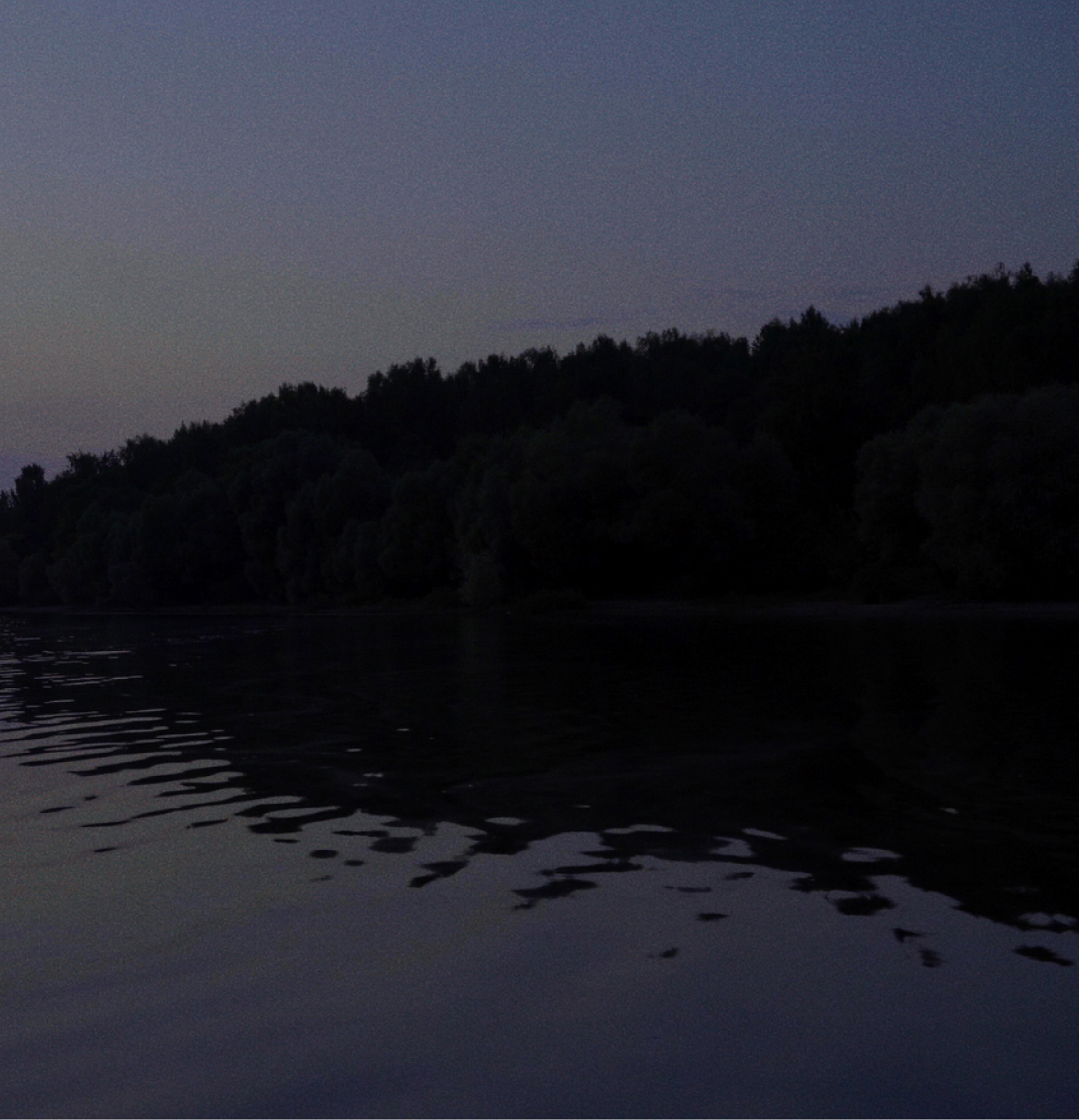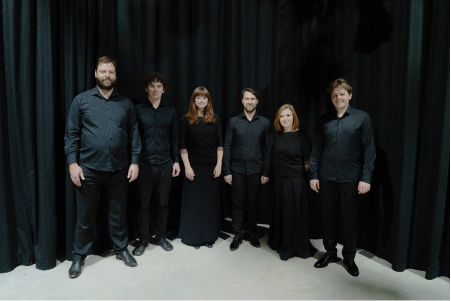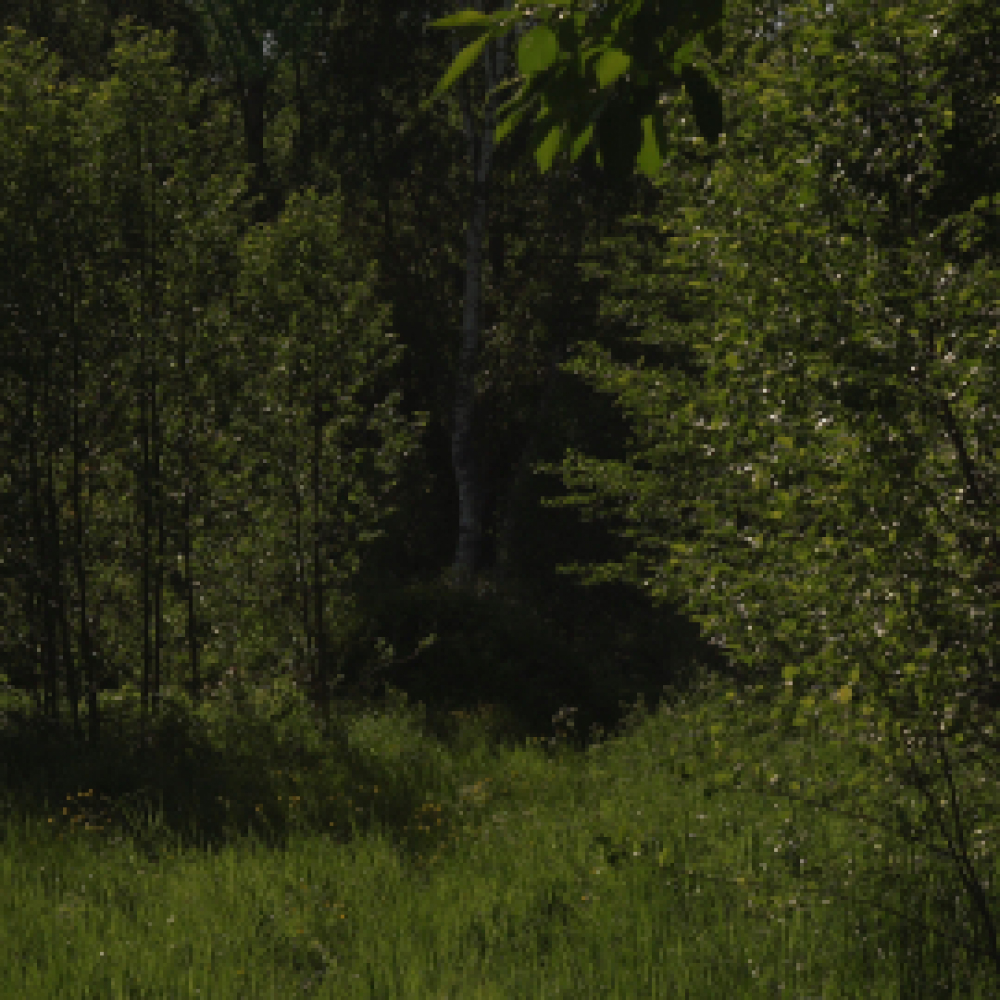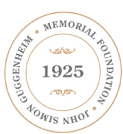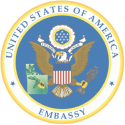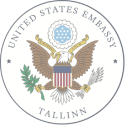A composer of music of “high drama” and “intense emotion” (BBC), “at once, ingenious, hypnotic, brave, and beautiful" (Festival Internazionale A.F. Lavagnino), Eugene Birman has written for symphony orchestras (London Philharmonic, Minnesota Orchestra, Philharmonia Orchestra, Orquestra Gulbenkian), choirs (BBC Singers, Latvian Radio Choir, Eric Ericsons Kammarkör), and leading ensembles and soloists (Maxim Vengerov, Maurizio Ben Omar, etc.). His music has been performed across four continents in venues ranging from London’s Southbank Centre to Carnegie Hall to above the Arctic Circle (Korundi House of Culture, Rovaniemi, Finnland).
His highly public career, with appearances on CNN, BBC World TV, Radio France, Deutsche Welle, and others, is characterised by a fearless focus on socially relevant large-scale compositions covering the financial crisis, Russian border treaties, and more.
A D.Phil recipient from the University of Oxford, he also holds degrees from Columbia University, the Juilliard School, and the Accademia Musicale Chigiana.
Scott Diel is an American writer and Eugene Birman’s long-time collaborator.
Diel has completed six operatic projects with Birman, he is a librettist for Birman’s operas State of the Union, Nostra Culpa and Russia : Today.
The vocal ensemble Argentum, created especially for Russia : Today and directed by an emerging Latvian conductor Aivis Greters, brings together soloists from the renowned choirs of Latvia —The Latvian Radio Choir and The State Choir LATVIA.
The Argentum singers Agnese Pauniņa (soprano), Agate Pooka (alto), Rūdolfs Bērtiņš (tenor), Vitālijs Stankevičs (bass) and Zigmārs Grasis (basso-profondo) regularly collaborate and perform with leading Latvian and international ensembles and musicians, as well as work on their own projects as independent creatives.
Aivis Greters, the artistic director and conductor of Youth Choir Kamēr… since 2018, made his debut in the season 2020/2021 with three main orchestras of Latvia — Latvian National Symphony Orchestra, Sinfonietta Riga and Liepāja Symphony Orchestra. In 2021 he received The Grand Music Award (Latvia) as “The young artist of the year” and also won the prize in for his “Artistically brave and innovative work during COVID-19”.
Alexandra Karelina is an independent director working with documentary and experimental film. She started her practice in photography in 2006, and has been working with moving image since 2011. She graduated from the British Higher School of design, the Institute of Contemporary Art (Moscow), and Moscow School of New Cinema.
She participated in international exhibitions and film festivals and is a laureate of Lausanne Underground Film and Music Festival (Switzerland). In her practice Alexandra Karelina explores film language and semiotics of the moving image. Since 2018, she has been working with 16mm film. She lives and works in Moscow.
As a stage director, Sergej Morozov worked with Theater an der Wien, Schauspielhaus Graz, The Bolshoi Theatre, Perm Opera and Ballet Theater, Novaya Opera Theater, Stanislavsky and Nemirovich-Danchenko Moscow Music Theatre, Meyerhold Center Moscow, and others. He is a finalist of the prestigious international competition Ring Award’ 17. His practice is concerned with developing interdisciplinary links on the institutional level, particularly in the context of contemporary music in theatre and alternative spaces.
After graduating from the Russian State Institute of Theatre Arts — GITIS in Moscow, Sergej worked as the assistant director at The Bolshoi Theatre and The Novaya Opera Theatre. He is a visiting tutor at HKBU, HSE University and Moscow School of the New Literature.
Margo Kõlar is Professor of Electroacoustic Music in the Estonian Academy of Music and Theatre. His musical vocation involves composition, conducting, teaching and sound recording.
As a recording engineer Margo Kõlar contributed with the labels ECM Records, Harmonia Mundi, Naxos, Pan Classics etc. He received the Grammy certificate for participating in the recording of Grammy Award winning CD Pärt: Adam’s Lament in 2013.
Tonya Wechsler is a producer and curator of international arts projects. She works across different art forms and is interested in the interdisciplinary approach to culture, rooted in research, theory, and a sense of experiment.
She organised music, contemporary art, film, theatre and dance projects and events in London at venues such as Milton Court (Barbican), Kings Place, Sadler’s Wells, Royal Opera House, Curzon Mayfair, Barbican Cinema, Exposed Arts Projects, Gazelli Art House, and David Roberts Art Foundation.
She is a graduate of MA Culture, Criticism and Curation (Central Saint Martins, University of the Arts London). Her first degree is in journalism (Russian State University for the Humanities).
Founded in 2002, EXAUDI is one of the world’s leading vocal ensembles for new music. EXAUDI’s special affinity is for the radical edges of contemporary music, at home equally with complexity, microtonality and experimental aesthetics. The newest new music is at the heart of its repertoire, and it has given national and world premières of many of today’s leading composers, from Sciarrino and Ferneyhough to Cassandra Miller and Jürg Frey, as well as a strong commitment to the music of younger composers. An enduring feature of EXAUDI’s programming has been the mixing of contemporary music with the music of the medieval, Renaissance and baroque periods, and in 2019 EXAUDI released its first exclusively early music CD, Gesualdo Madrigali, on the Winter&Winter label, which received a Deutsche Schallplattenpreis was one of BBC Radio 3’s CDs of the Year.
EXAUDI singers performing Russia : Today in London, as part of Requiem for Peace concert at Kings Place: Juliet Fraser (soprano), Jessica Gillingwater (mezzo), David de Winter (tenor), Jimmy Holliday (bass), in collaboration with Zigmars Grasis (low bass), under direction of James Weeks.
Composer, author of Our Separate Ways
(settings of a poem by Lev Rubinstein),
a special commission for Russia : Today
Professor Martyn Harry is a contemporary classical composer, and music lecturer at Oxford University. He is Annie Barnes Fellow in Music at St Anne’s College Oxford and Lecturer in Music at St Hilda’s College, where he also serves as artistic director of the Jacqueline Du Pre Music Building. Martyn Harry’s compositions have been performed by ensembles such as the London Sinfonietta, Northern Sinfonia, Allegri Quartet, Eos, Piano Circus, Psappha, the New Music Players and the BBC Singers and broadcast on BBC Radio 3, Classic FM, NDR 3 and WDR 3.
19 February 1947 - 14 January 2024
Poet
Lev Rubinstein was a Russian poet, essayist, journalist, and social activist. He was a founder and member of Moscow Conceptualism art movement. He began publishing in the late 1970s in the West and in the late 1980s in Russia. Rubinstein is particularly known for his "notecard poems", wherein each stanza is represented on a separate notecard. These notecards highlight the text as both an object and a unit of expression. To read the poem, the reader must interact with the text on a physical level. Rubinstein is a laureate of the Andrei Bely Prize, the Liberty Prize, and the Nose Prize.
In 2018 Lev Rubinstein met Eugene Birman in Moscow. Rubinstein donated his two poems Elegy (1983) and I am here (1994) to be used for the Russia : Today project.
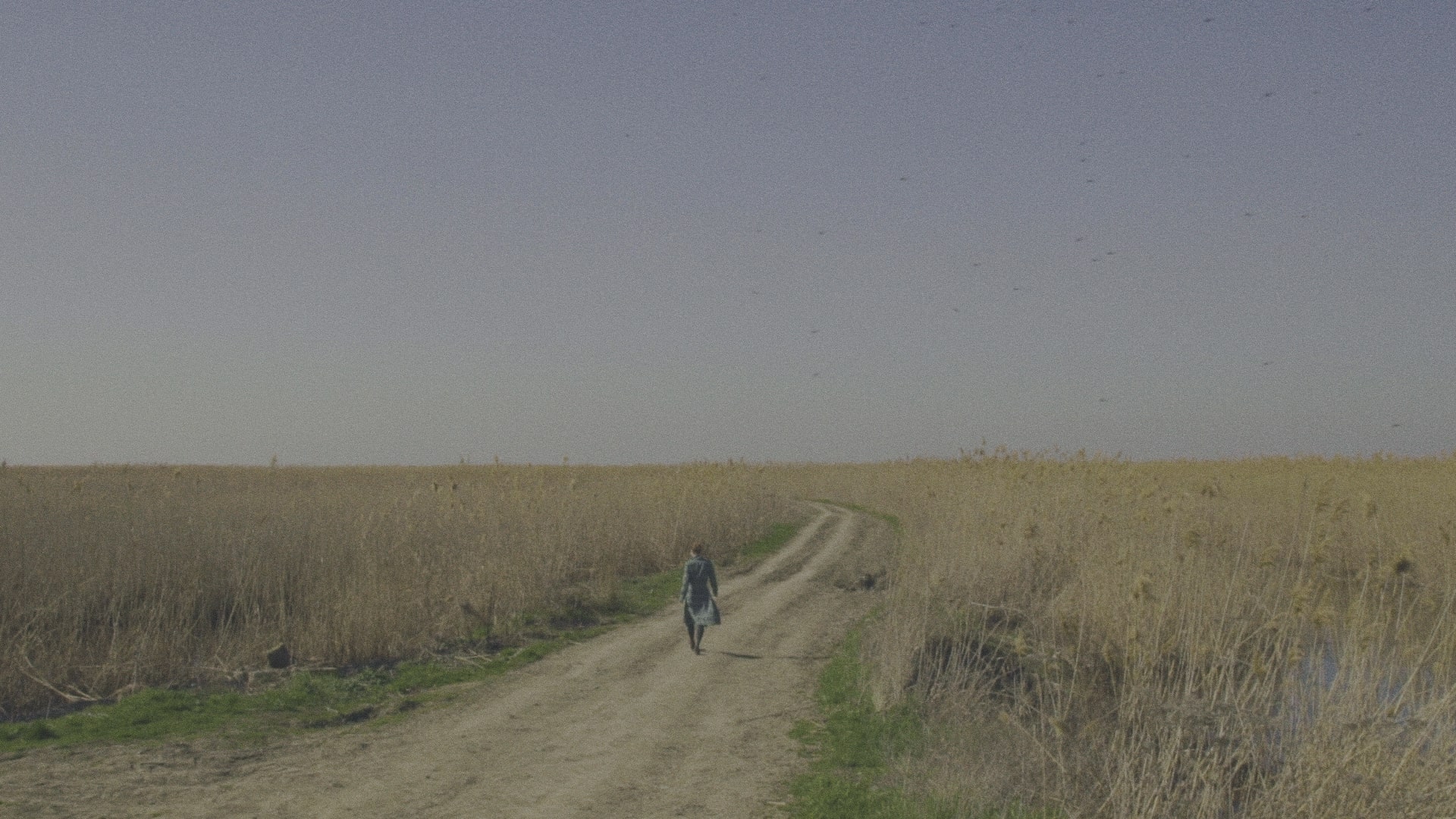
.jpg)
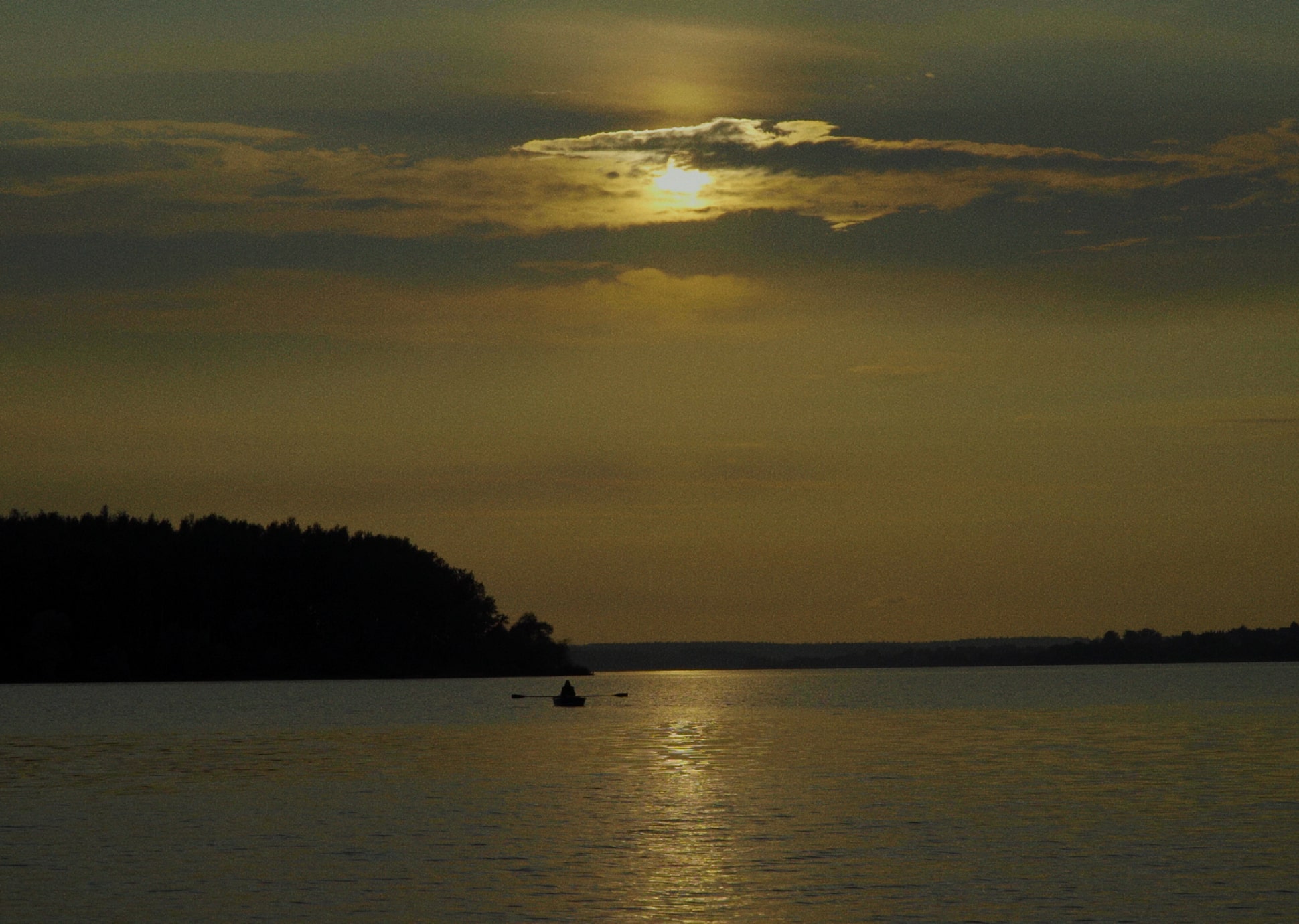
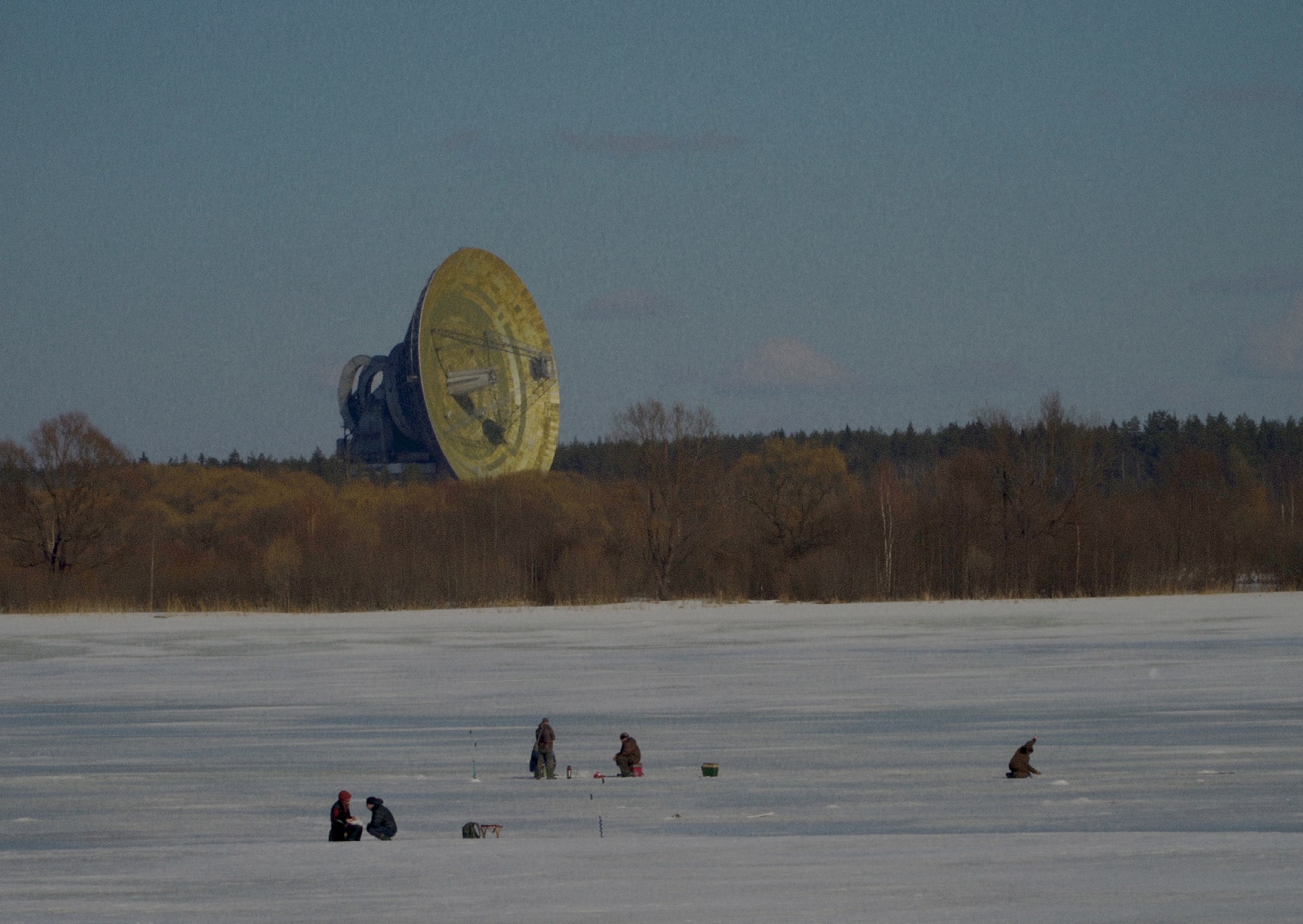
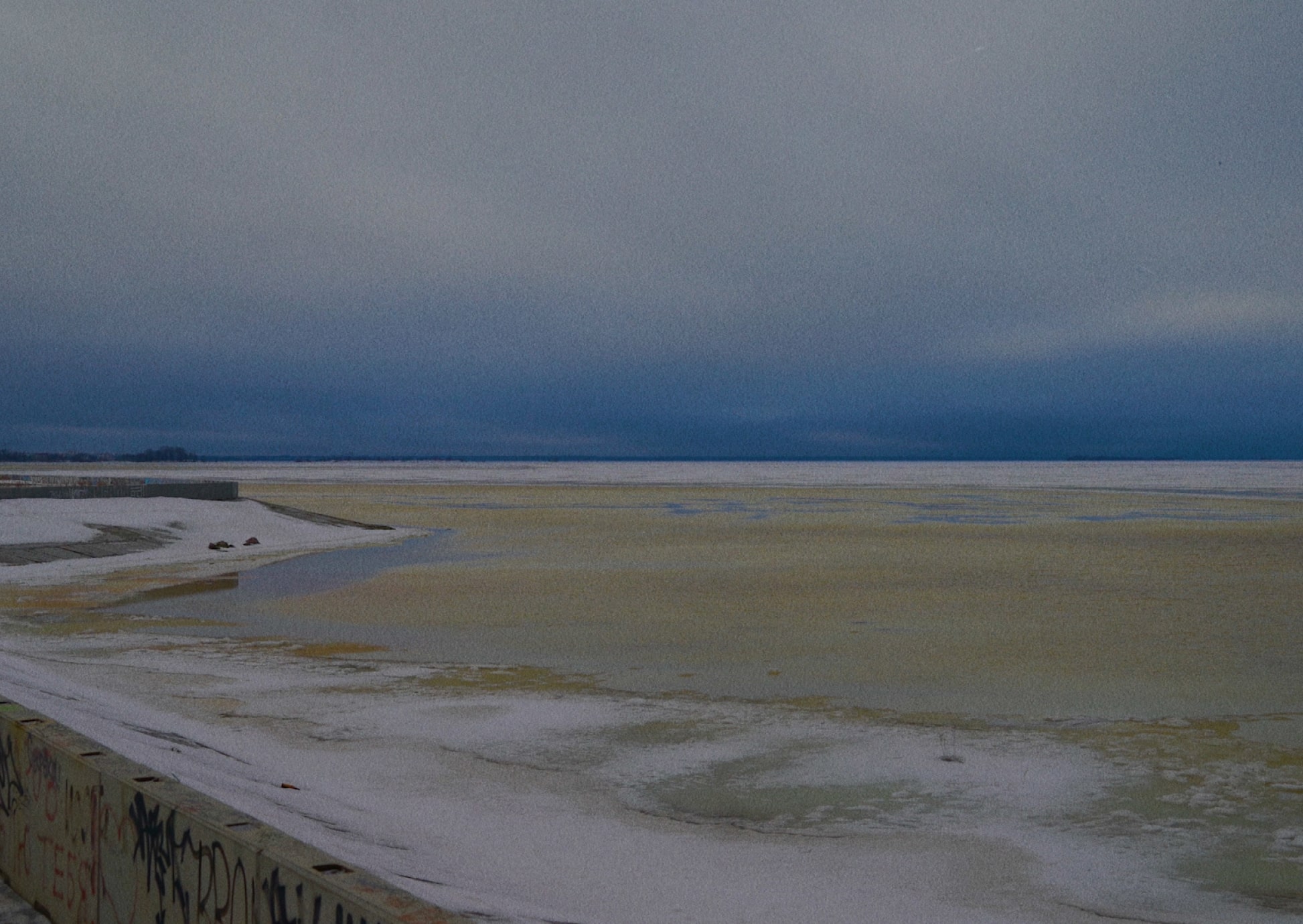
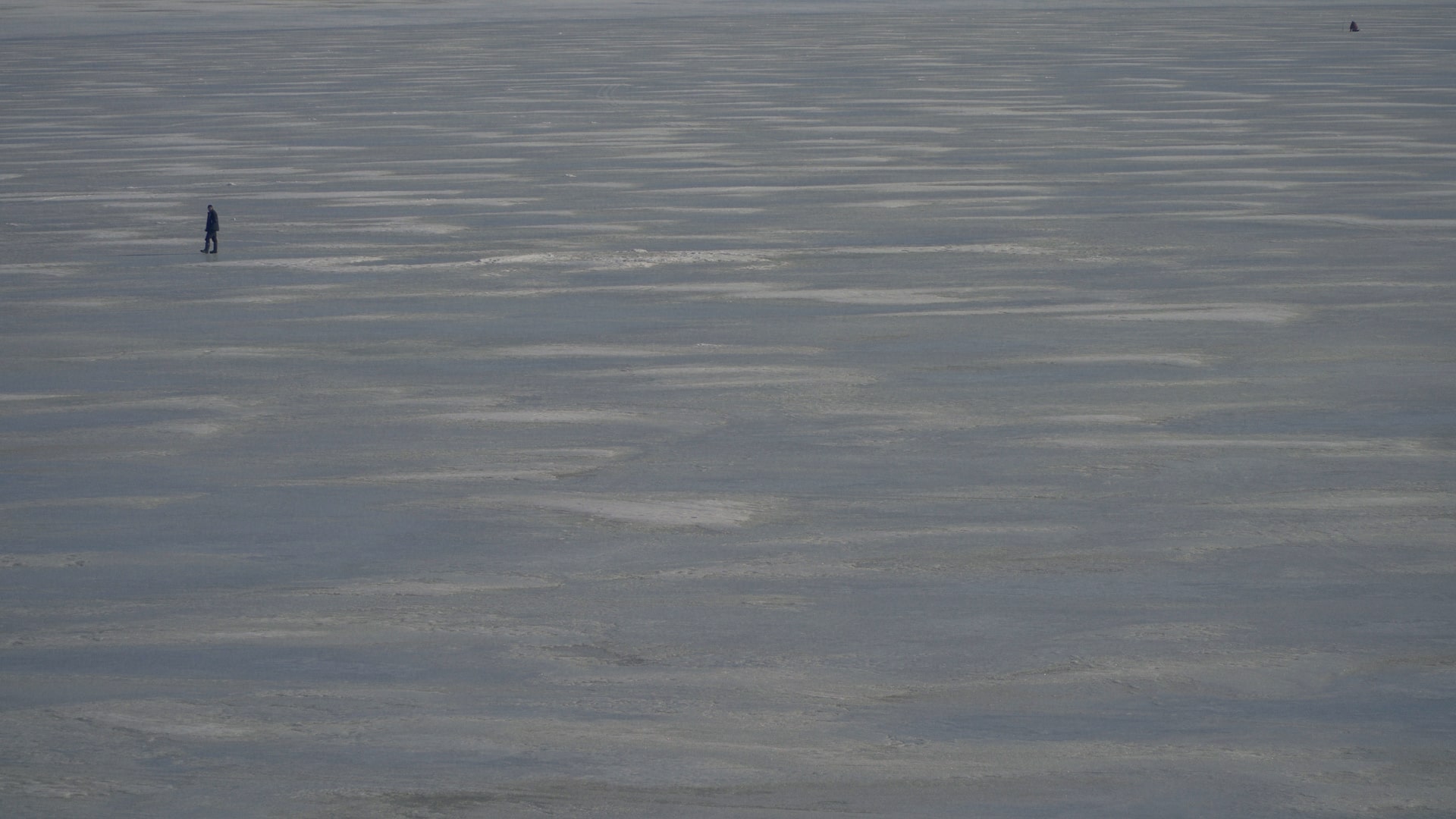
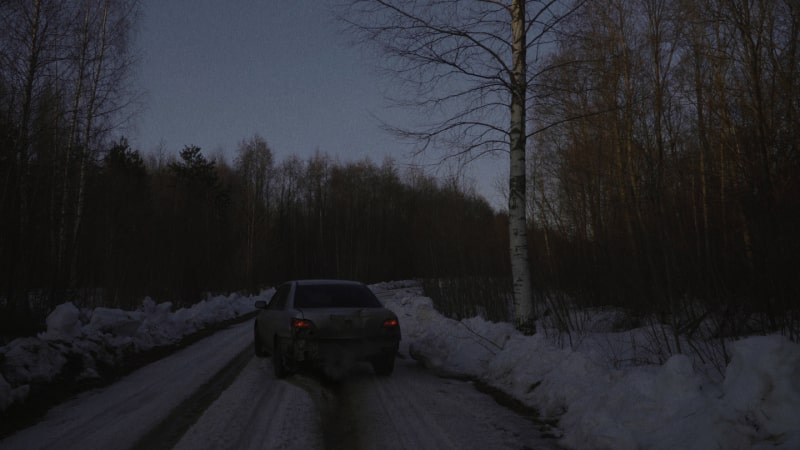
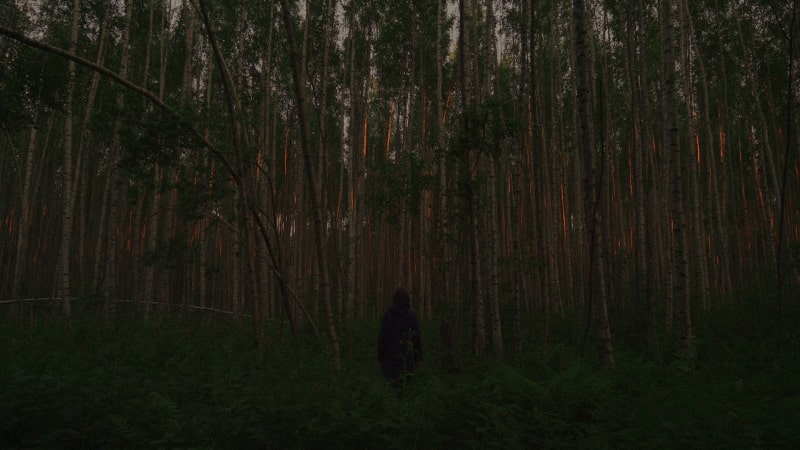
.jpg)
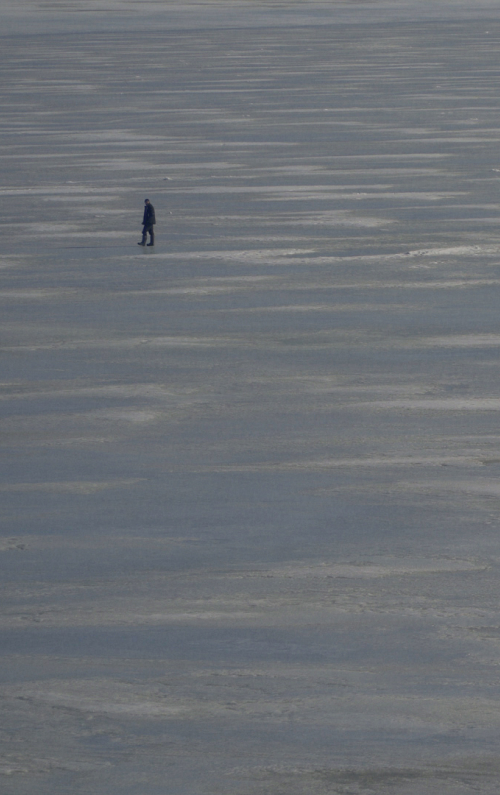
.jpeg)
.jpg)
.jpg)
